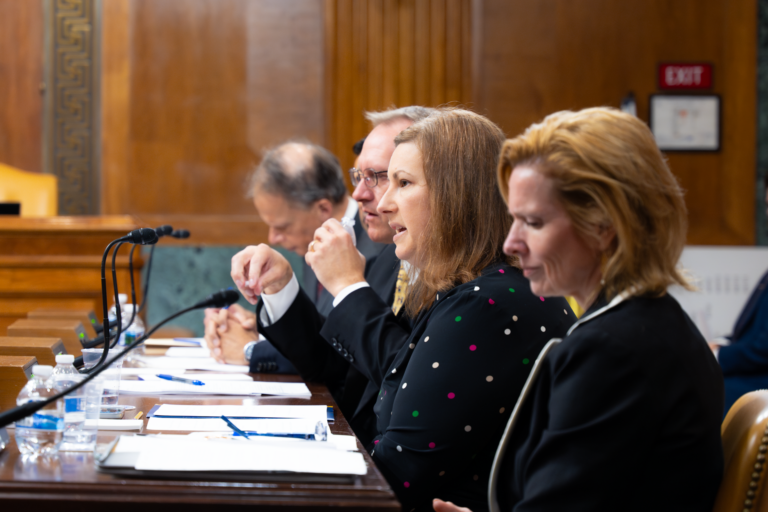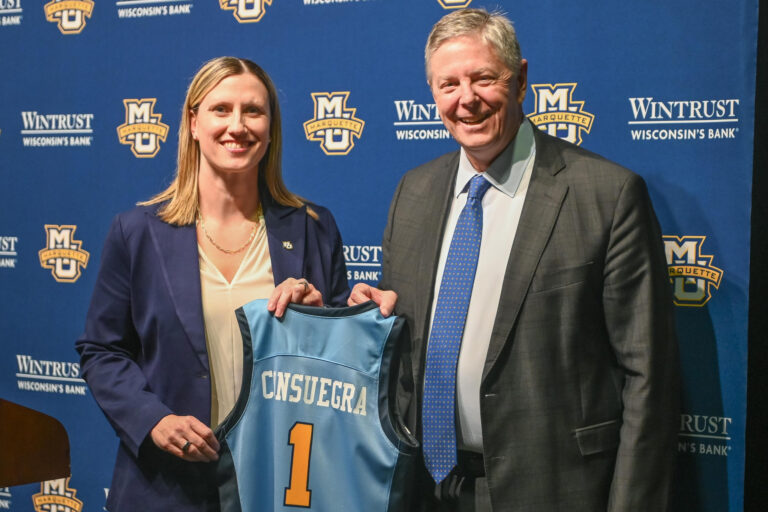Federal COVID-19 relief funds are one-time funds specific to the pandemic and are not intended to address long-term challenges faced by the university. Relief funds are not permanent revenue streams and must not be considered for the purpose of funding the university’s ongoing operating or structural costs.
Marquette University expects to receive $9.7 million in federal relief funds from the Coronavirus Response and Relief Supplemental Appropriations Act. Out of the $9.7 million of relief funds, $3.3 million is designated by law to support students, leaving approximately $6.4 million to offset institutional losses specifically associated with the coronavirus.
The university is grateful to receive federal relief funds during these challenging times, as the American Council on Education estimates that higher education institutions have incurred revenue losses exceeding $120 billion during the pandemic. The $6.4 million in relief funds available to Marquette will, however, cover only a portion of the short-term losses caused by the pandemic. In fiscal 2021, Marquette has experienced over $40 million of pandemic-driven financial losses from lower enrollment, increased financial aid, health and safety costs, de-densification of residence halls, and lost athletics revenues.
In addition to the short-term challenges caused by the pandemic, the university is facing multi-year fiscal challenges from:
- The smaller incoming first year class this academic year (which will carry through for the next three academic years)
- The potential for a nationwide decline in college enrollments
- A commitment to holding tuition flat next year while maintaining increased financial aid and tuition discount levels to ensure students and their families can afford a transformative Marquette education
Over the past year, the university took several temporary actions to address short-term financial challenges, partially offsetting lost revenues and unanticipated recovery costs caused by the pandemic. In addition, strategic, structural changes have been made to manage the impacts of longer-term challenges. These changes were informed by eight workstreams made up of faculty and staff who collaborated to analyze budgets, efficiencies, campus space and new revenue streams. This important work was undertaken to best position Marquette for the future and to ensure we continue to provide young people with an accessible, values-based education enabling them to be leaders in our society.


